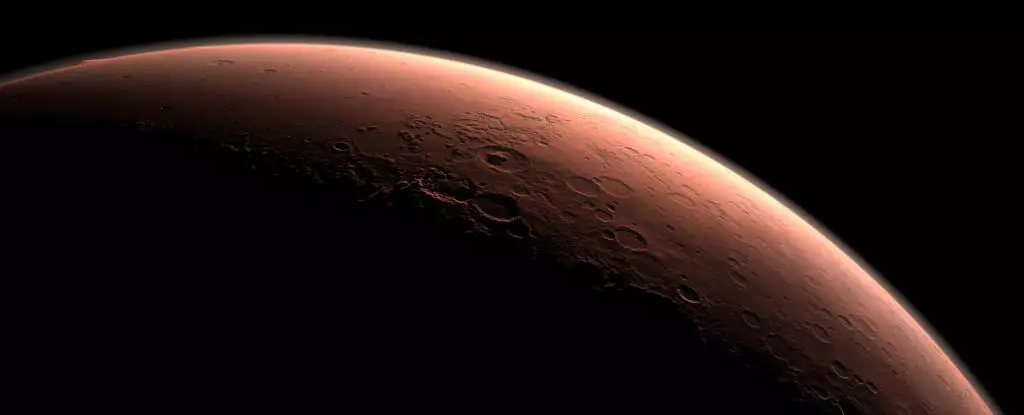In an effort to prepare for future crewed missions to Mars, NASA is on the lookout for individuals willing to participate in a year-long simulated red planet experience. The Crew Health and Performance Exploration Analog (CHAPEA) involves spending time in a confined habitat known as Mars Dune Alpha, facing challenges with limited resources and environmental stressors.
The main goal of the CHAPEA program is to provide valuable data on a variety of factors such as physical and behavioral health and performance. By simulating spacewalks and dealing with equipment failures, the crew members will contribute to gathering essential information for future missions to Mars.
Selection Criteria
To be part of this unique experience, candidates must meet strict eligibility requirements. Applicants must be US citizens or permanent residents between the ages of 30-55, in excellent health, and non-smokers with no criminal record. Additionally, individuals must have a master’s level of STEM qualifications, a minimum of one thousand hours as an aircraft pilot, or completed military officer training.
The application process includes questions ranging from topics of diets and gut health to experiences with isolation and claustrophobia. Candidates are also asked to provide insights into how they handled the COVID isolation. The selection process is rigorous and can take up to 14 months to complete.
The first CHAPEA mission started on 25 June 2023 and has reached its halfway mark. Despite facing challenges like growing crops and living in isolation, the four crew members have successfully completed many tasks. Medical officer Nate Jones highlighted the fast-paced nature of the mission, expressing mixed emotions about the experience.
Application Deadline
For those interested in participating in this unique opportunity, the online application deadline is set for Tuesday 2 April 2024. The selection process is competitive, and candidates are encouraged to apply early.
The simulated Mars missions organized by NASA offer a glimpse into the psychological and physical challenges that astronauts may face during extended space travel. By participating in programs like CHAPEA, individuals can contribute to valuable research that will shape future missions to Mars and beyond.


Leave a Reply